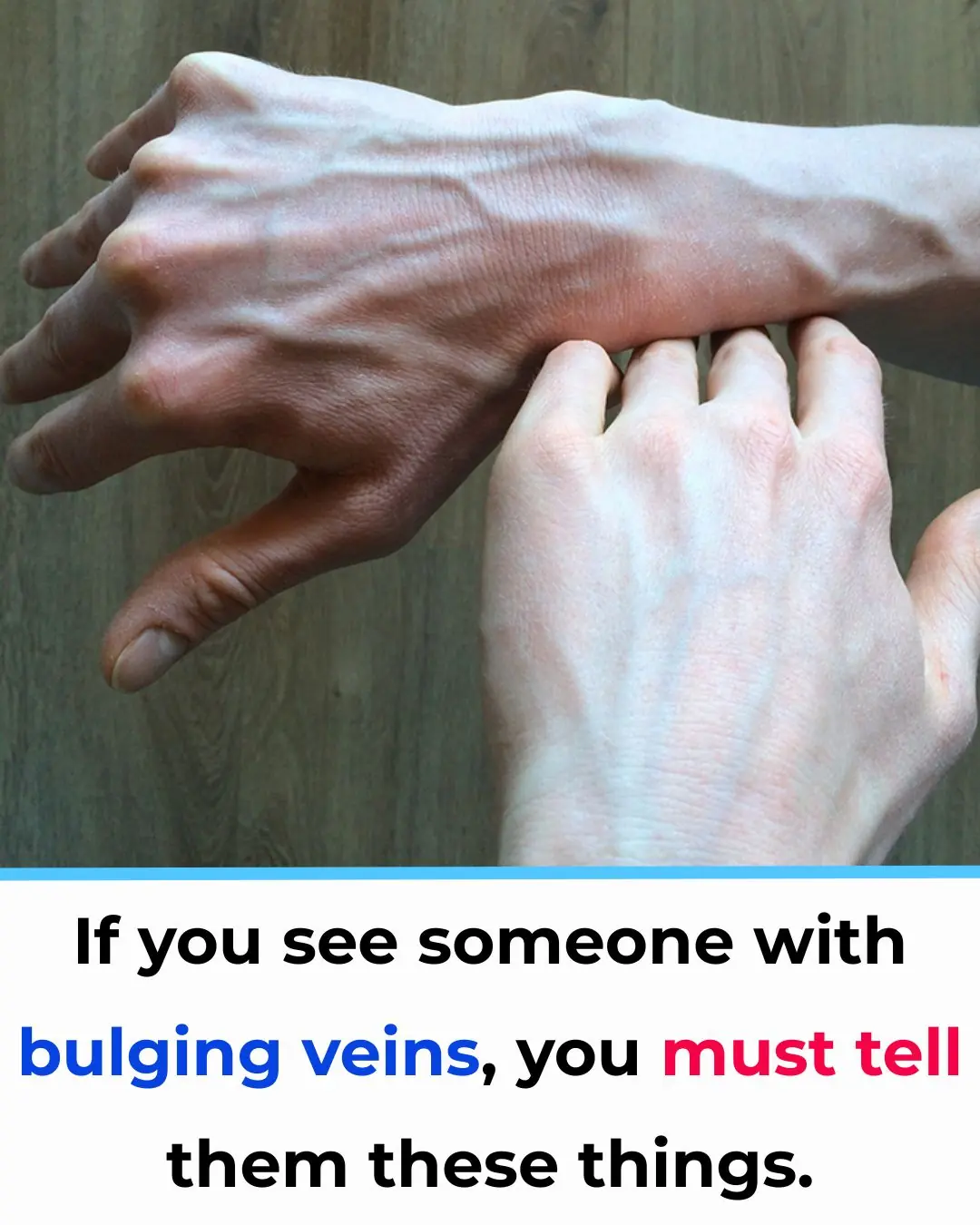
10 Simple Lifestyle Changes That Drastically Reduce Your Stroke Risk
Stroke is one of the leading causes of death and disability worldwide. It occurs when blood flow to the brain is interrupted, leading to brain damage. While some stroke risk factors are out of our control, such as age or family history, many lifestyle choices can significantly reduce the likelihood of having a stroke. Here are 10 simple lifestyle changes that can drastically lower your stroke risk.
1. Maintain a Healthy Diet
A balanced, nutritious diet is essential for good health and stroke prevention. Focus on consuming more fruits, vegetables, whole grains, lean proteins, and healthy fats, such as those found in avocados and nuts. Avoid excessive intake of saturated fats, processed foods, and added sugars, which can contribute to obesity, high blood pressure, and high cholesterol levels—major risk factors for stroke.
2. Exercise Regularly
Physical activity is crucial for heart health and stroke prevention. Engaging in regular exercise, such as walking, cycling, or swimming, helps to improve blood circulation, lower blood pressure, and maintain a healthy weight. Aim for at least 30 minutes of moderate-intensity exercise most days of the week. Regular exercise not only reduces the risk of stroke but also improves overall well-being.
3. Quit Smoking
Smoking is a major risk factor for stroke. It damages blood vessels, raises blood pressure, and increases the risk of blood clots. Quitting smoking, even after many years, can significantly reduce your stroke risk. If you're struggling to quit, consider seeking help from healthcare professionals or using smoking cessation programs and resources.
4. Limit Alcohol Consumption
Excessive alcohol intake can raise blood pressure, increase the risk of heart disease, and contribute to stroke. If you choose to drink, do so in moderation. The American Heart Association recommends no more than one drink per day for women and two drinks per day for men. Staying within these limits can help maintain a healthy blood pressure level and reduce stroke risk.
5. Control Your Blood Pressure
High blood pressure (hypertension) is one of the leading causes of stroke. Regular monitoring of your blood pressure and taking steps to keep it within a healthy range is vital. If you have high blood pressure, work with your doctor to manage it through lifestyle changes, such as reducing salt intake, exercising, and, if necessary, taking medication.
6. Manage Stress
Chronic stress can have harmful effects on your heart and blood pressure. Learning how to manage stress is crucial for stroke prevention. Techniques such as meditation, deep breathing exercises, yoga, and spending time in nature can help reduce stress levels. Finding healthy ways to cope with stress can improve mental well-being and lower the risk of stroke.
7. Maintain a Healthy Weight
Being overweight or obese increases the risk of developing several stroke risk factors, including high blood pressure, diabetes, and high cholesterol. By maintaining a healthy weight through a combination of diet and exercise, you can significantly reduce your risk of stroke. Even losing a small amount of weight can have a positive impact on your overall health.
8. Get Enough Sleep
Poor sleep quality or insufficient sleep can increase the risk of stroke, as it can lead to high blood pressure, diabetes, and obesity. Aim for 7-9 hours of sleep each night. Establishing a regular sleep routine, avoiding caffeine before bedtime, and creating a comfortable sleep environment can help you achieve better rest and reduce stroke risk.
9. Monitor Your Cholesterol Levels
High cholesterol is a major contributor to the development of plaque in the arteries, which can lead to stroke. Regularly checking your cholesterol levels and making dietary changes, such as reducing saturated fats and increasing fiber intake, can help manage cholesterol levels. If necessary, medications can also be prescribed to control high cholesterol.
10. Be Aware of Your Family History
While you cannot change your genetics, understanding your family history can help you be more proactive in reducing stroke risk. If you have a family history of stroke, heart disease, or high blood pressure, discuss this with your doctor, who may recommend early screenings or additional preventive measures.
In conclusion, making simple yet impactful lifestyle changes can significantly reduce your risk of having a stroke. By adopting a healthy diet, staying physically active, quitting smoking, managing stress, and monitoring key health indicators like blood pressure and cholesterol, you can protect your health and enjoy a long, fulfilling life. Taking these steps today can help ensure a healthier tomorrow.
News in the same category

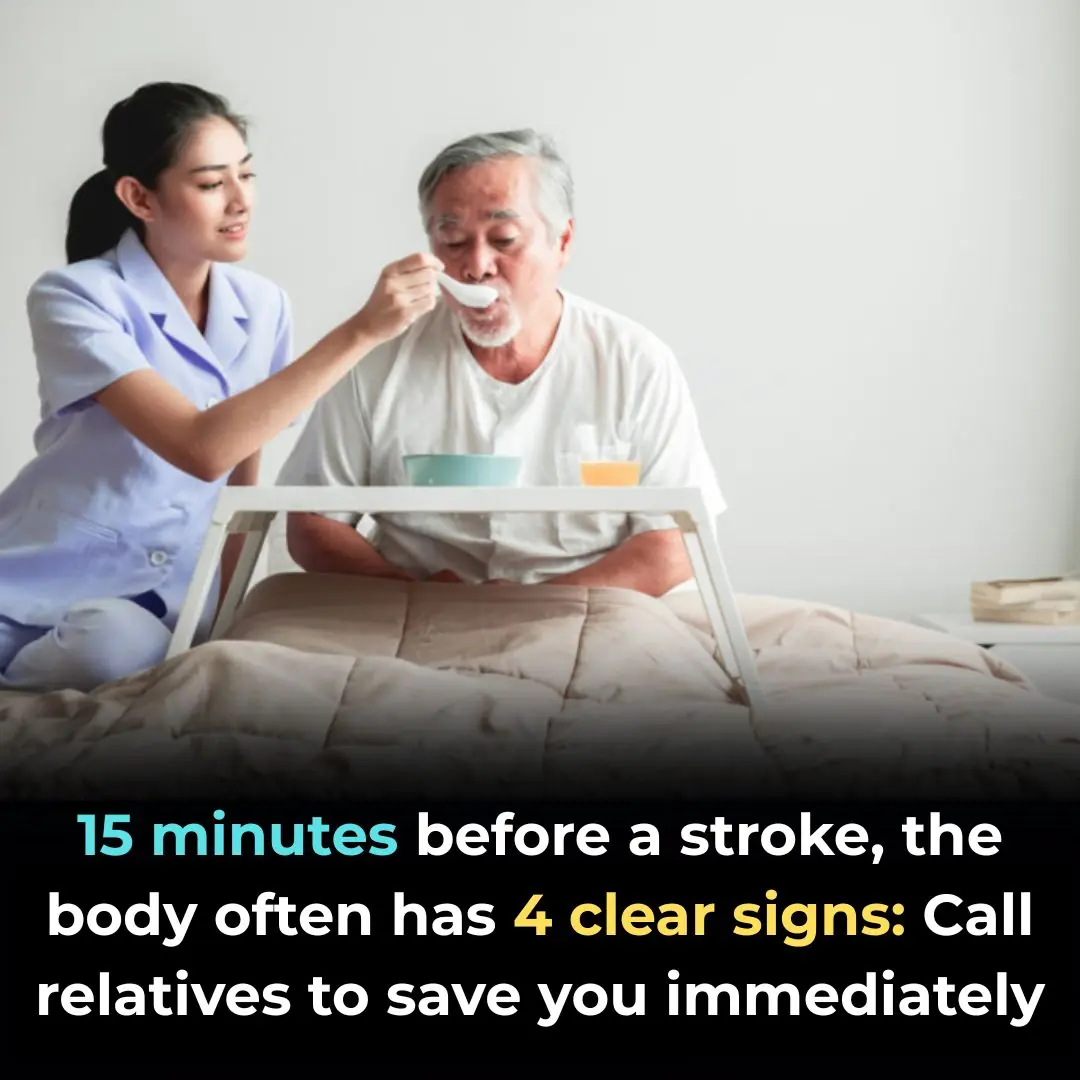
4 Clear Signs That Appear 15 Minutes Before a Stroke: Call for Immediate Help
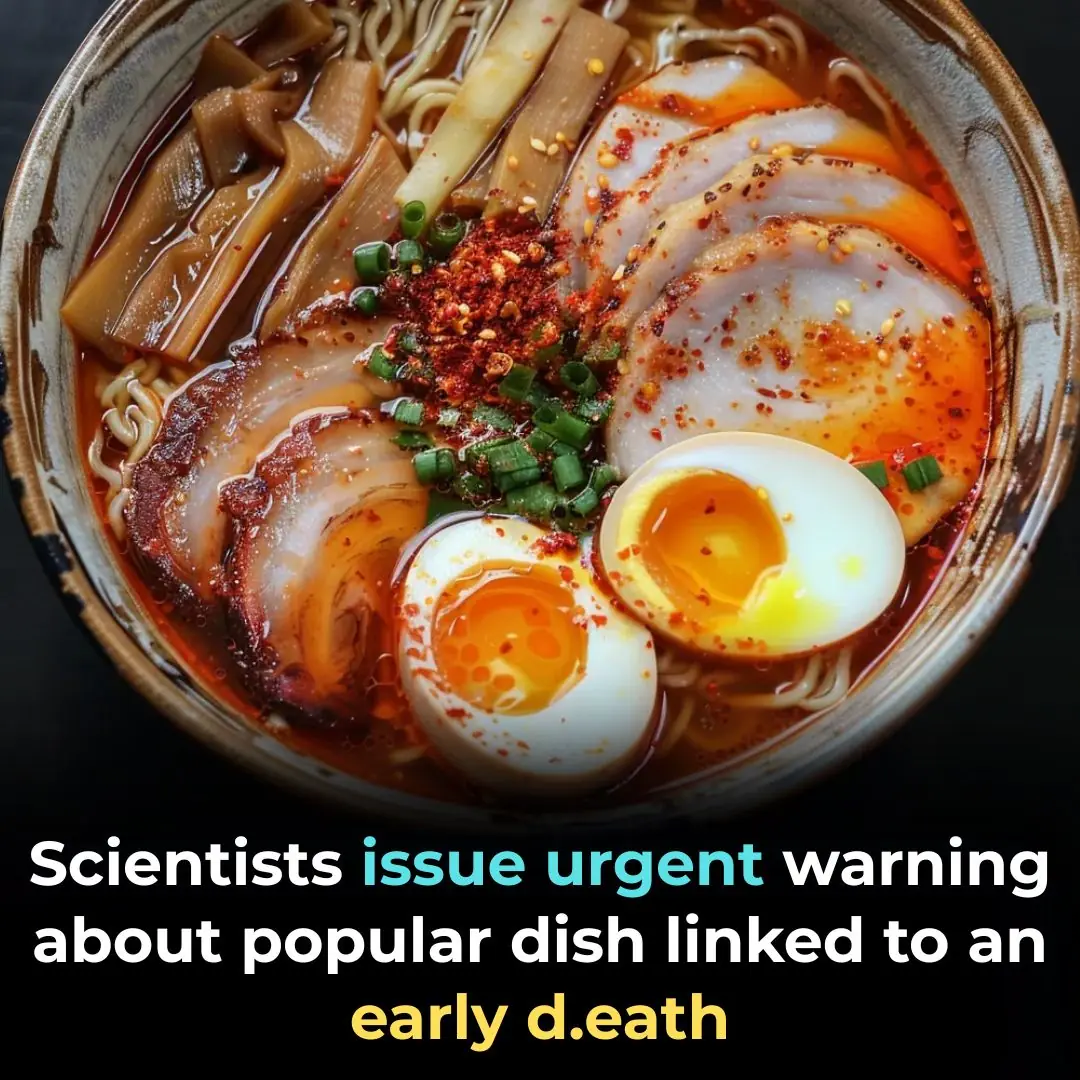
Alarming Study Links Eating Ramen Often to Early Death

3 Ways to Stop Acid Reflux Naturally
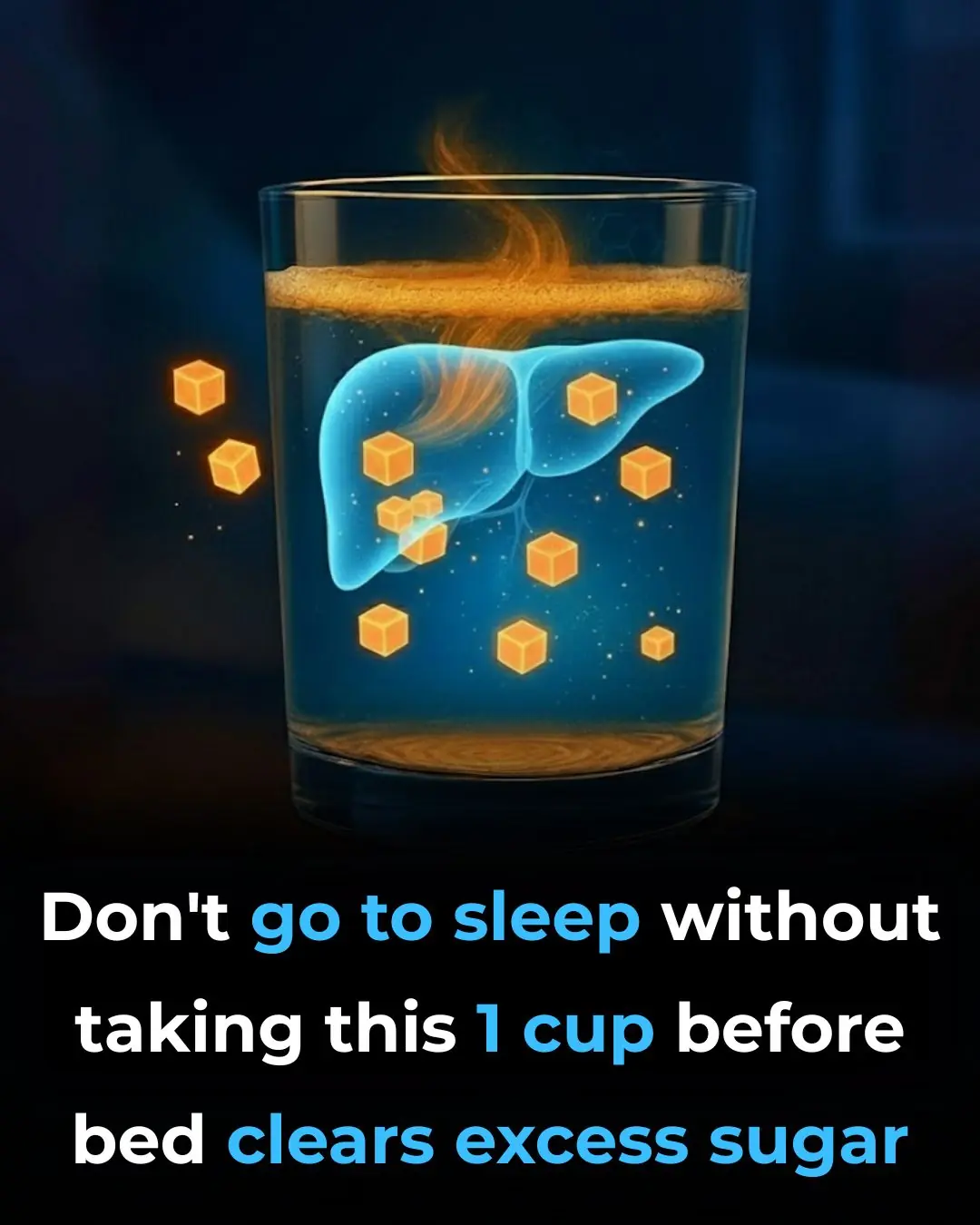
Don’t go to sleep without taking this — 1 cup before bed clears excess sugar

Warning to People Who Regularly Walk Around Their Homes Barefoot

12 Weird Diabetes Skin Problems You Need To Know

Doctors REVEAL that guava leaf tea causes in...
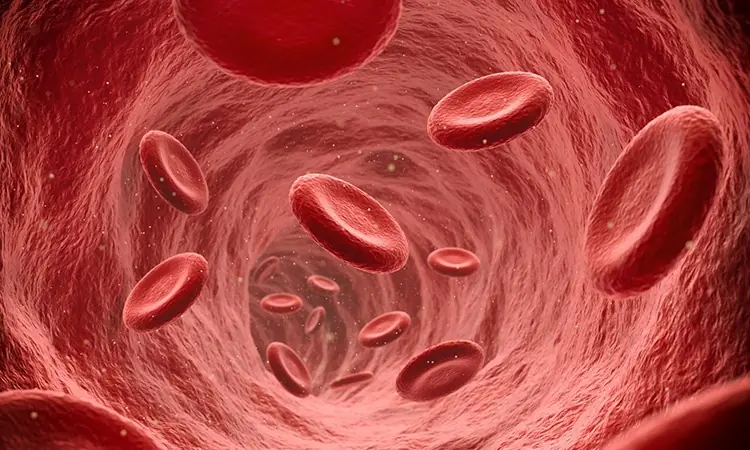
Simple Ways to Lower Cholesterol Naturally
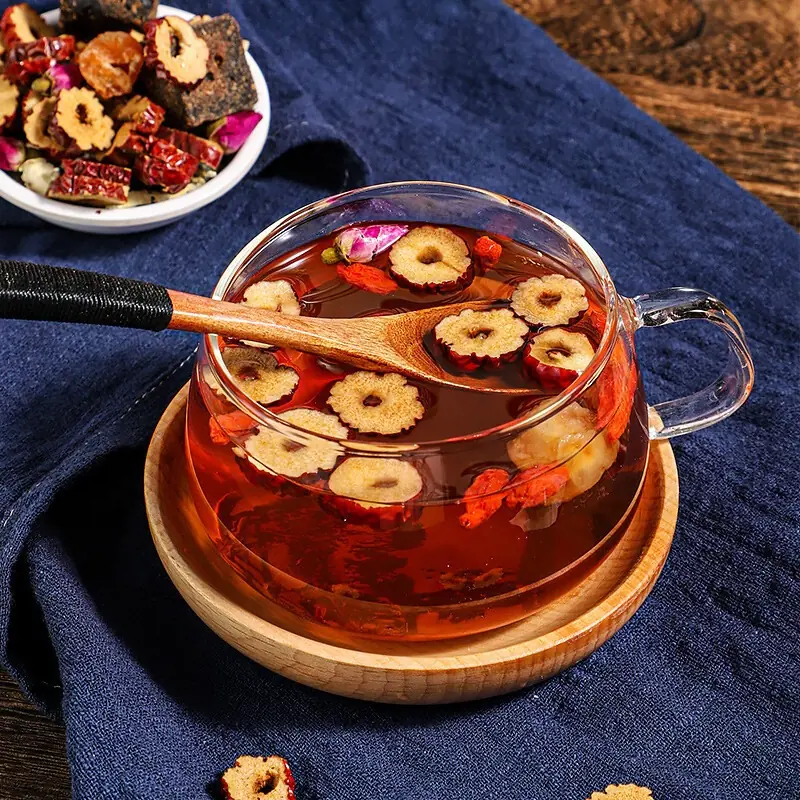
Ginger and Red Date Tea: The 97-Year-Old Grandma’s Secret Longevity Drink
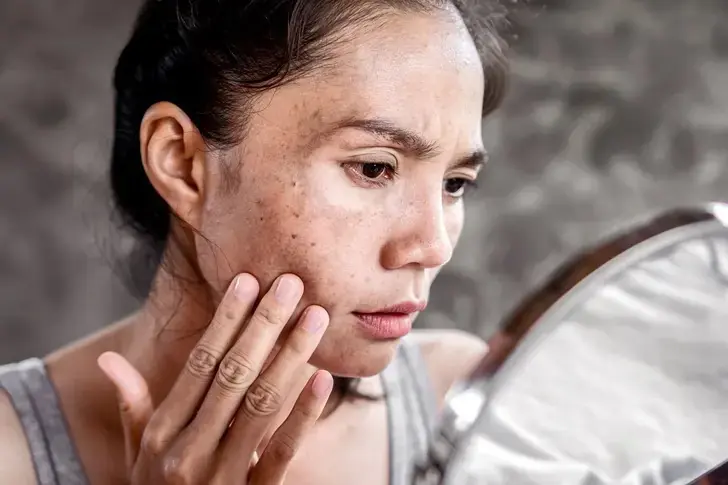
How to Remove Age Spots Naturally with Lemon Juice

Molasses Stops Insulin Resistance Almost Immediately — Here's How to Use It
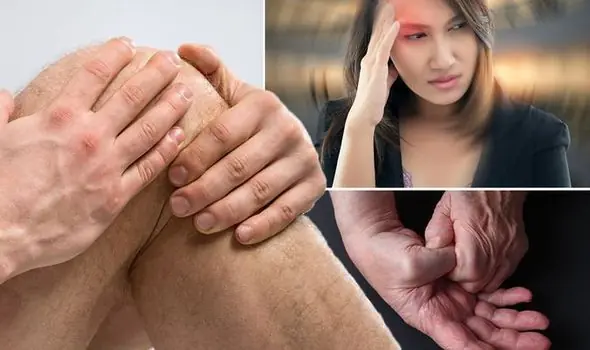
15 Silent Signs You’re Dangerously Low on Vitamin B12
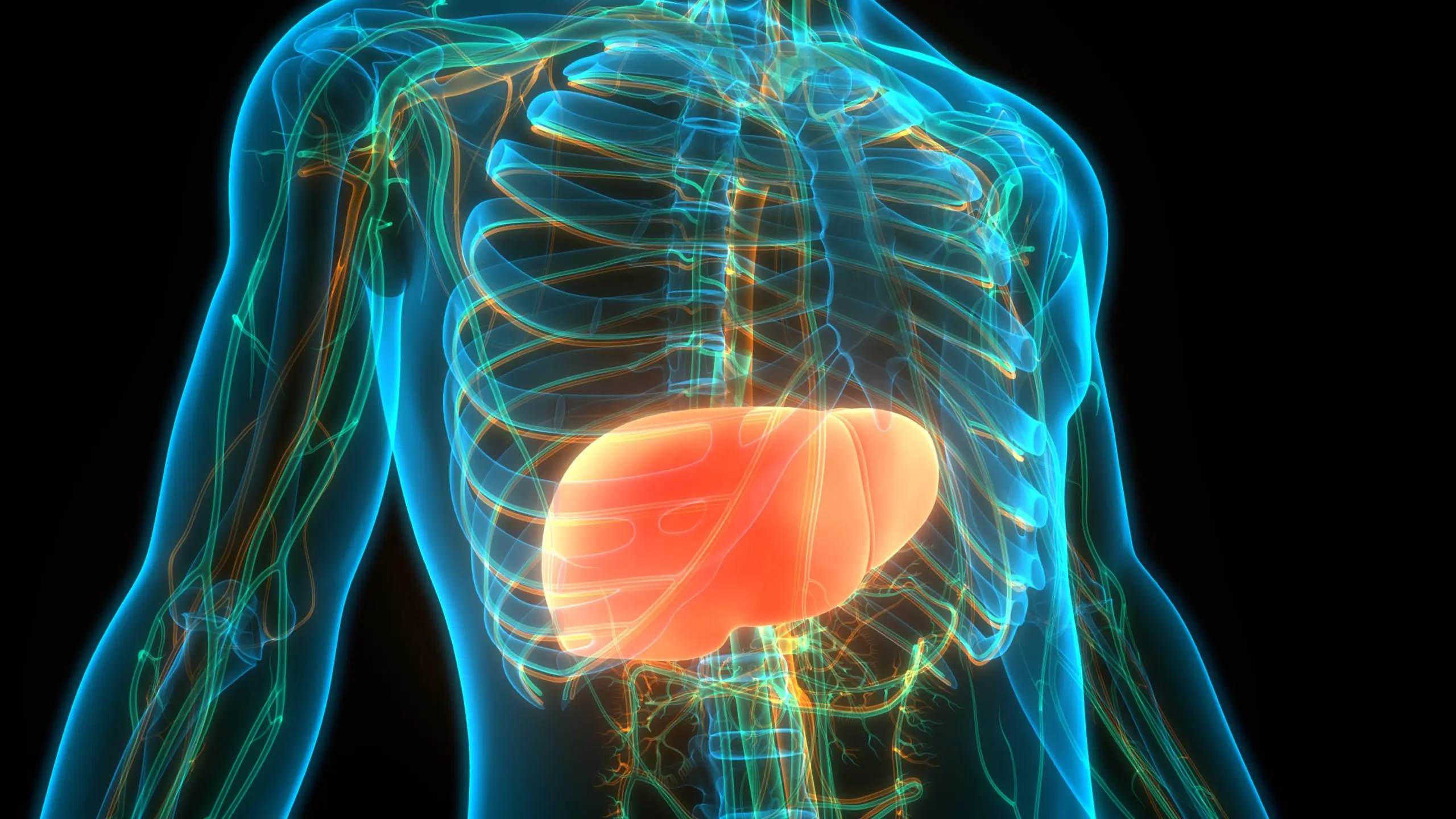
A Powerful Two-Ingredient Mixture for Cleansing Your Liver

One Vitamin That Could Transform Your Circulation

White Bumps on Your Face Don’t Try to Remove Them

Signs and Symptoms That May Indicate High Cholesterol Levels
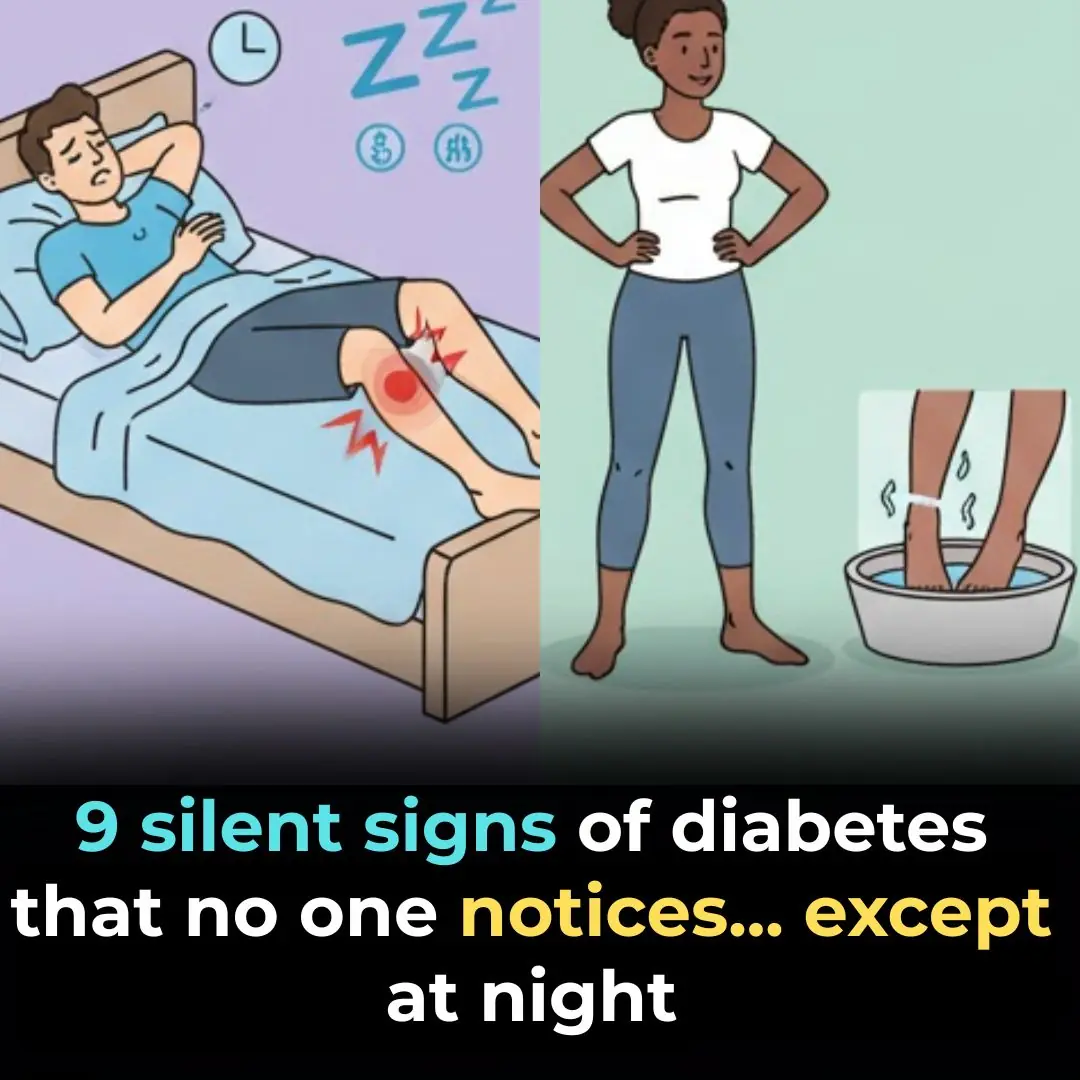
9 Signs of Diabetes That Appear at Night: What You Need to Know!
News Post
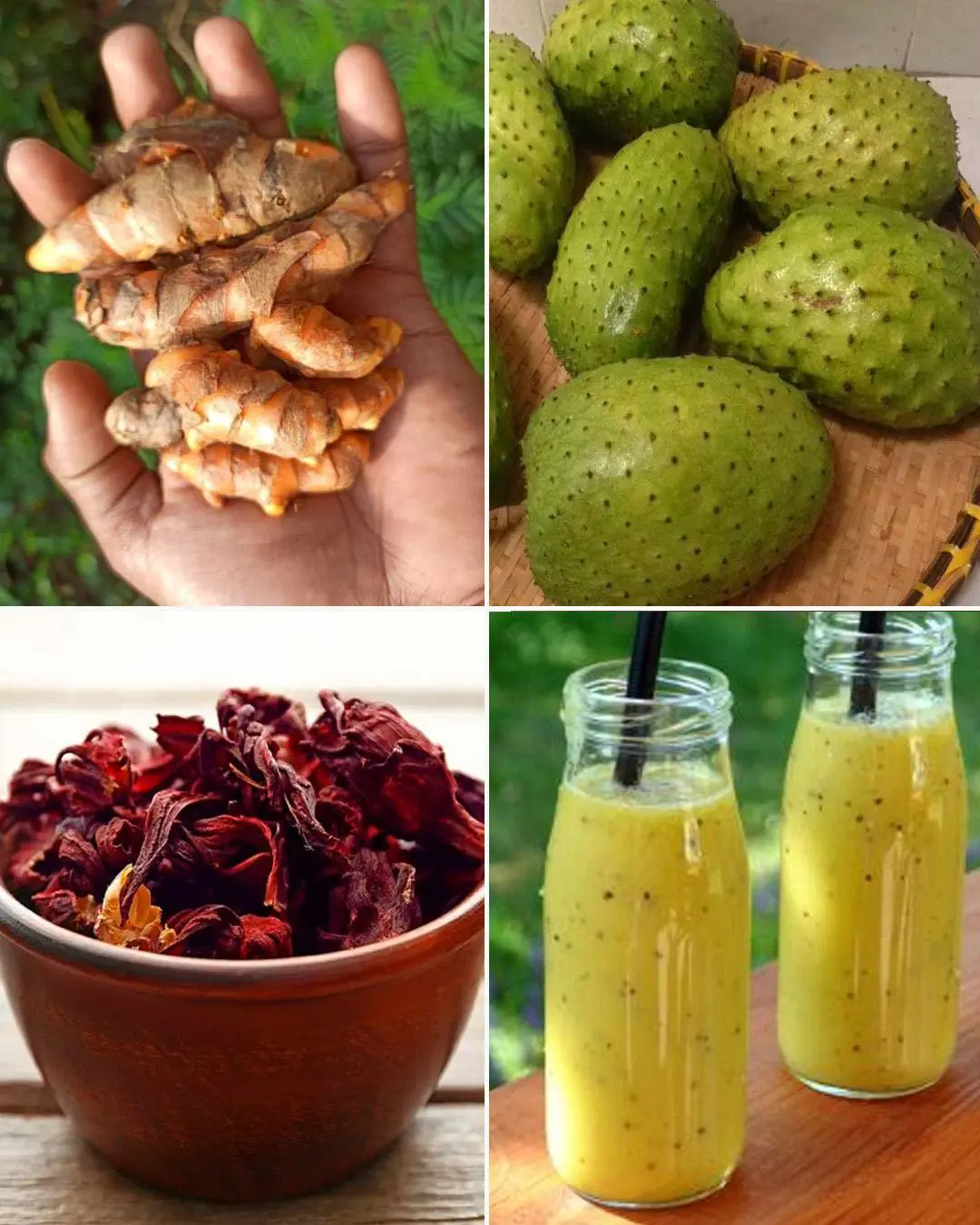
Ginger, Soursop, Sorrel, and Turmeric – The Miracle Drink
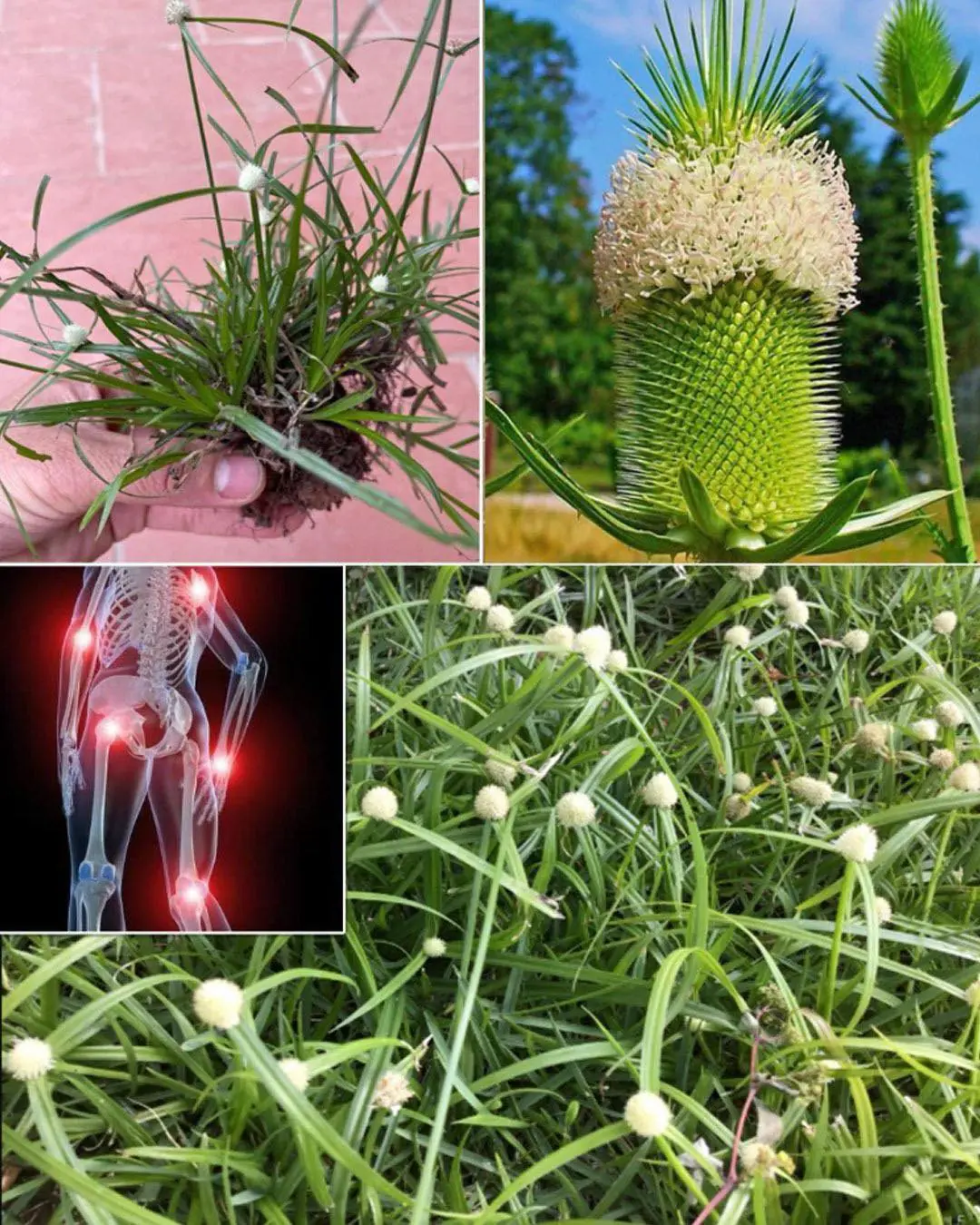
Kyllinga brevifolia (Rottb): Benefits and How to Use It

Purslane: The Superfood That Tastes Better Than Meat – 7 Reasons to Grow It in Your Garden

Papaya releases a milky sap, but most people don’t realize how important it is
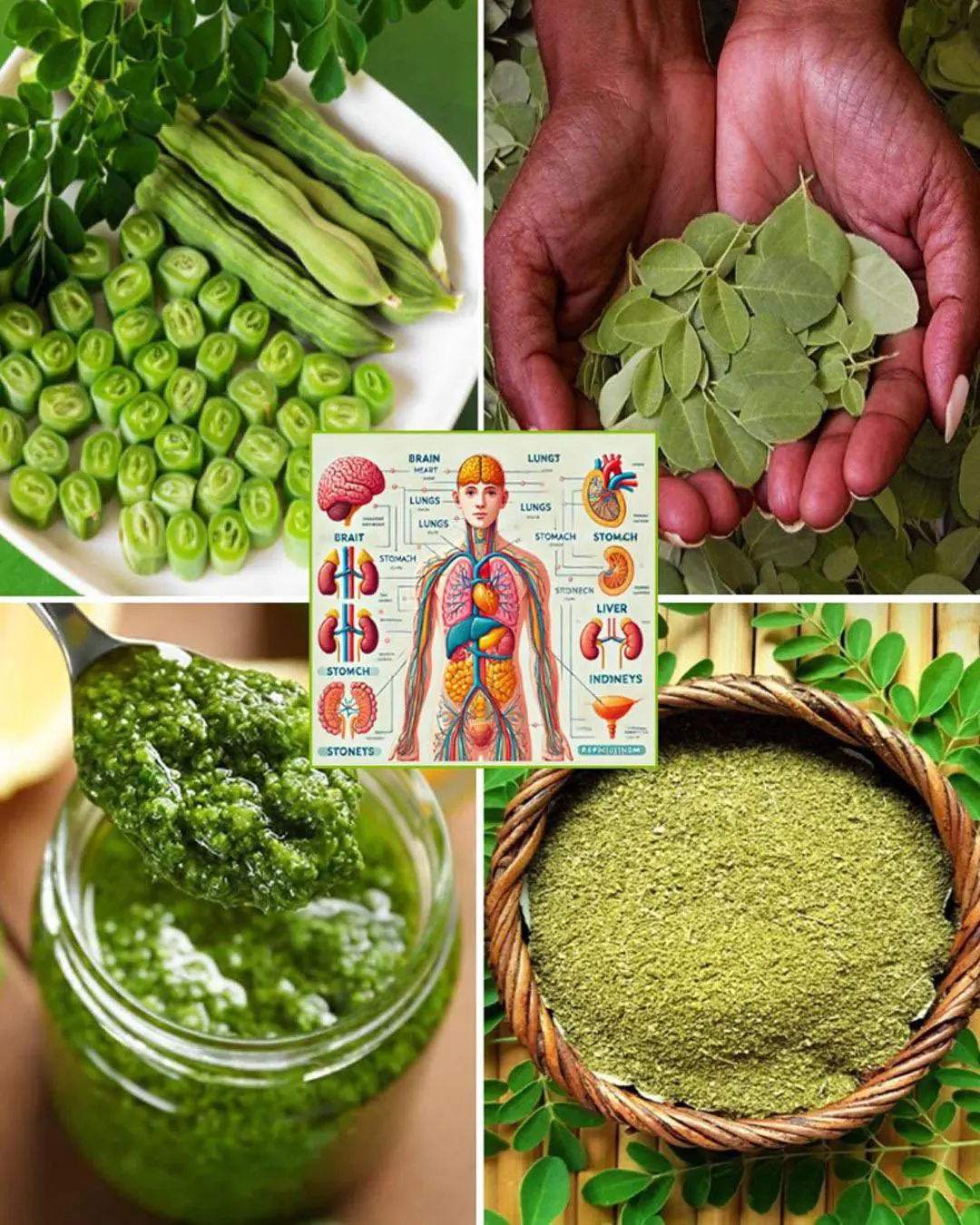
Discover The Miraculous Benefits of Moringa
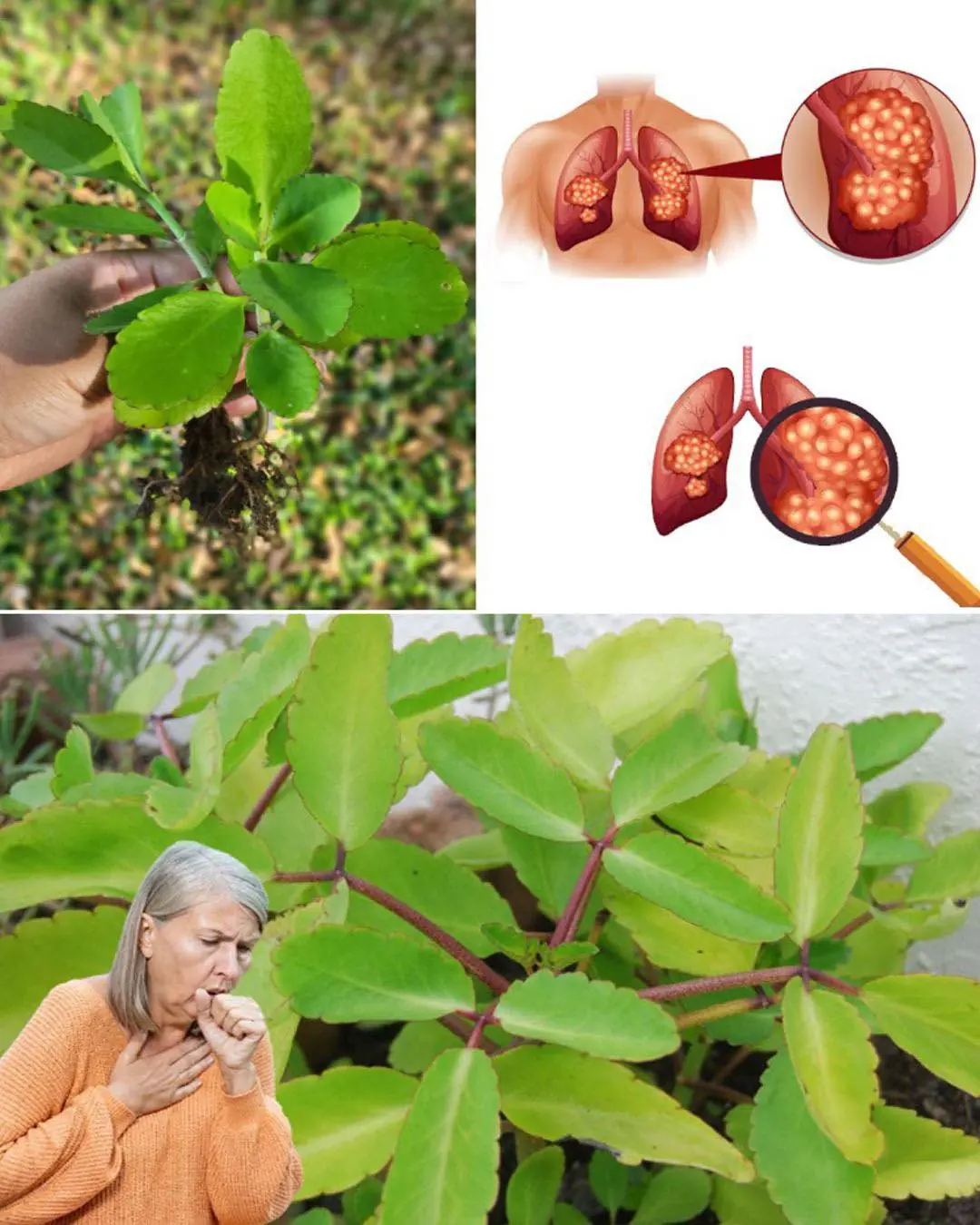
Bryophyllum Calycinum (Kalanchoe Pinnata): Benefits and Uses
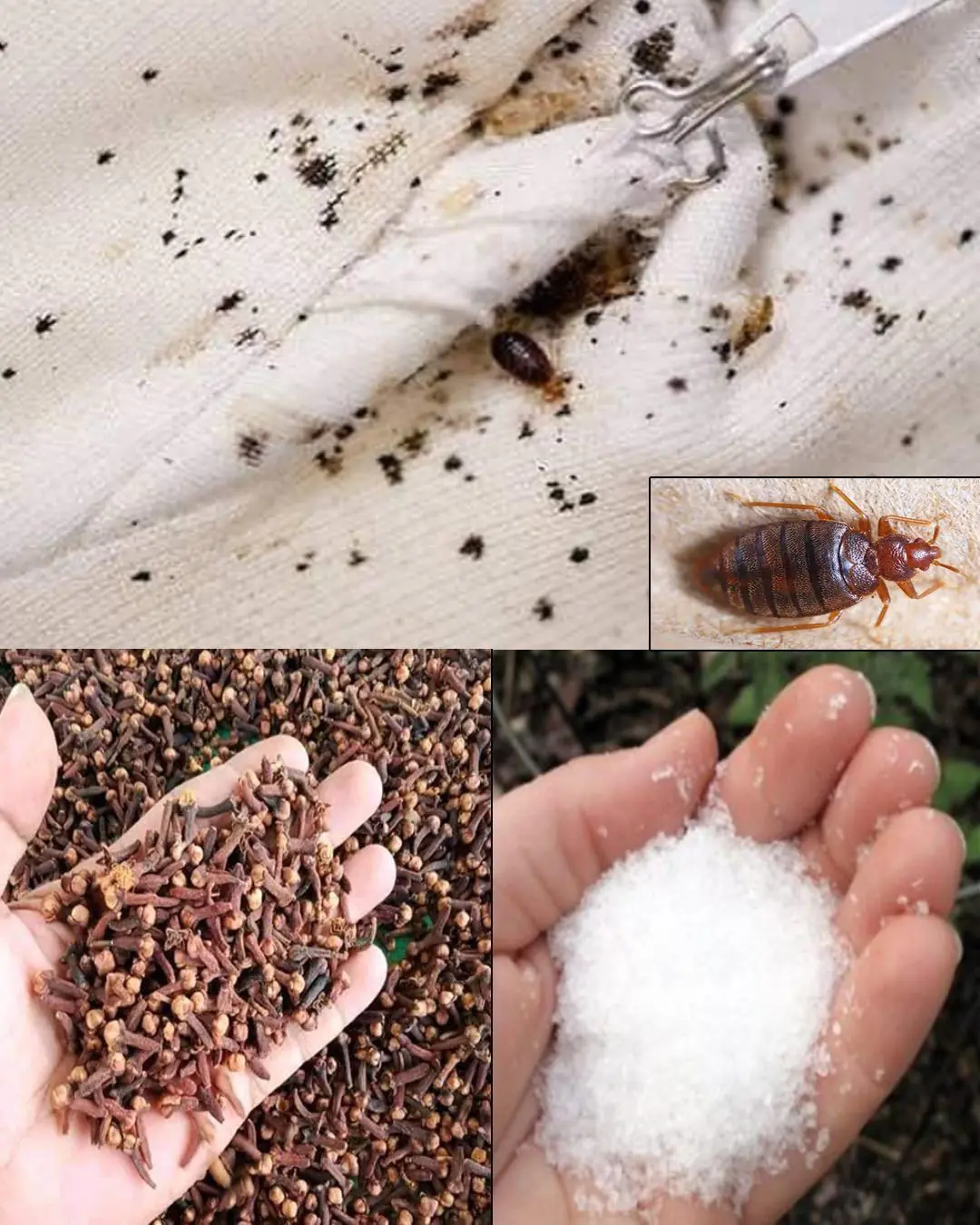
How to Quickly Get Rid of Bed Bugs, Cockroaches, Fruit Flies, and Other Insects Using Natural Ingredients
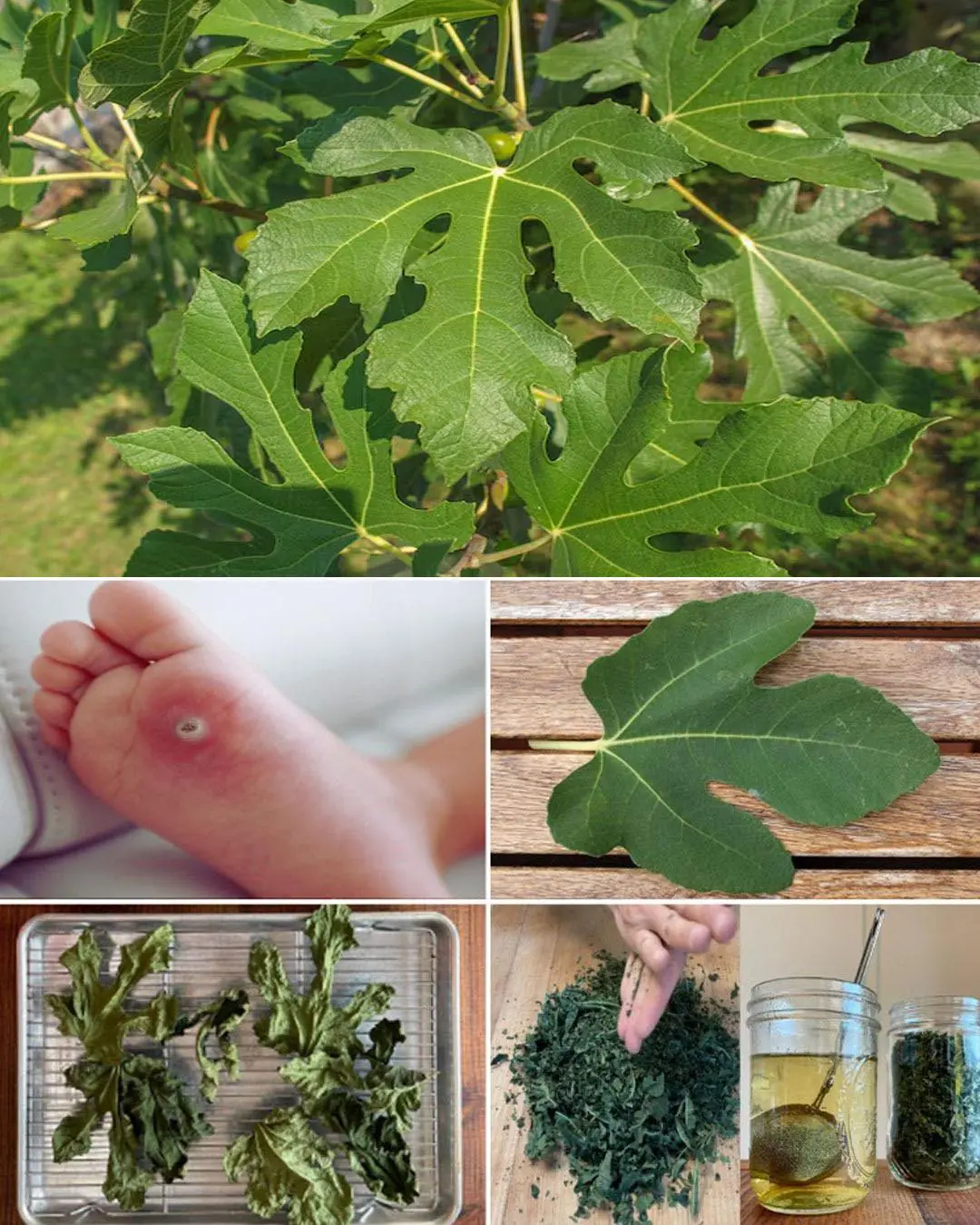
Fig Leaves: Surprising Benefits and Uses

BREAKING NEWS 🚨 Due To This Hunter’s Moon Earth Will Be Completely…See More

BREAKING NEWS 🚨 Due To This Hunter’s Moon Earth Will Be Completely…See More

BREAKING NEWS 🚨 Due To This Draconid Meteor Shower Earth Will Be Badly Effected Because…..See More

BREAKING NEWS 🚨 Due To This Hunter’s Moon Earth Will Be Completely…See More

Almost 30,000,000 Apple and Samsung users could claim part of huge £480,000,000 payout

Xbox users all say same thing following GameStop's decision to keep Xbox Gamepass at $19.99

Apple just added a new app to iPhone with iOS 26 and most people have no idea

Creators of ChatGPT reveal 44 jobs at highest risk of being taken over by AI in future

Lard vs. Cooking Oil: Which Is Better? Many People Still Misunderstand This Issue

Miraculous: Placing an Orange Beside Your Bed Can Surprisingly Improve Your Health

If You See Someone With Prominent Blue Veins, You Definitely Need to Tell Them This—It Could Save Their Life
